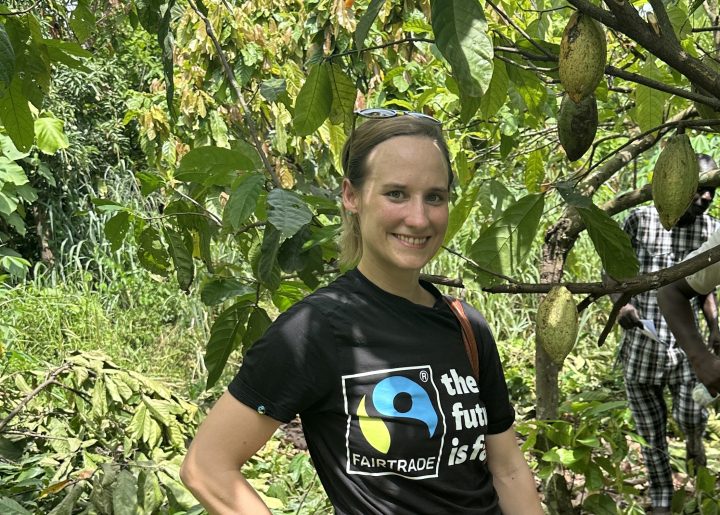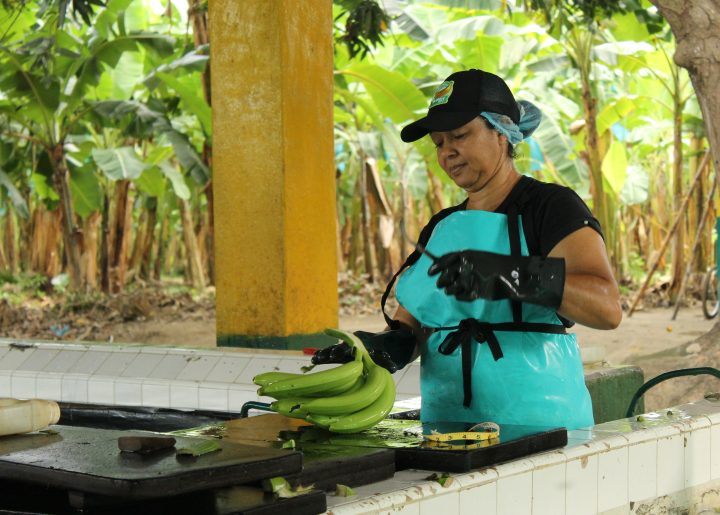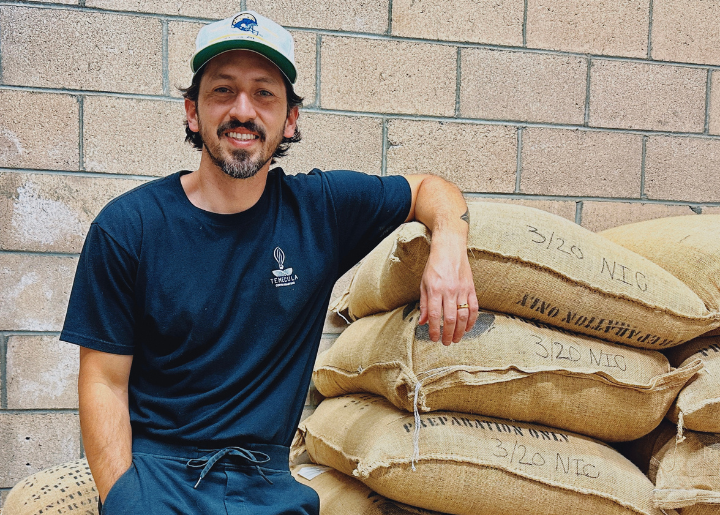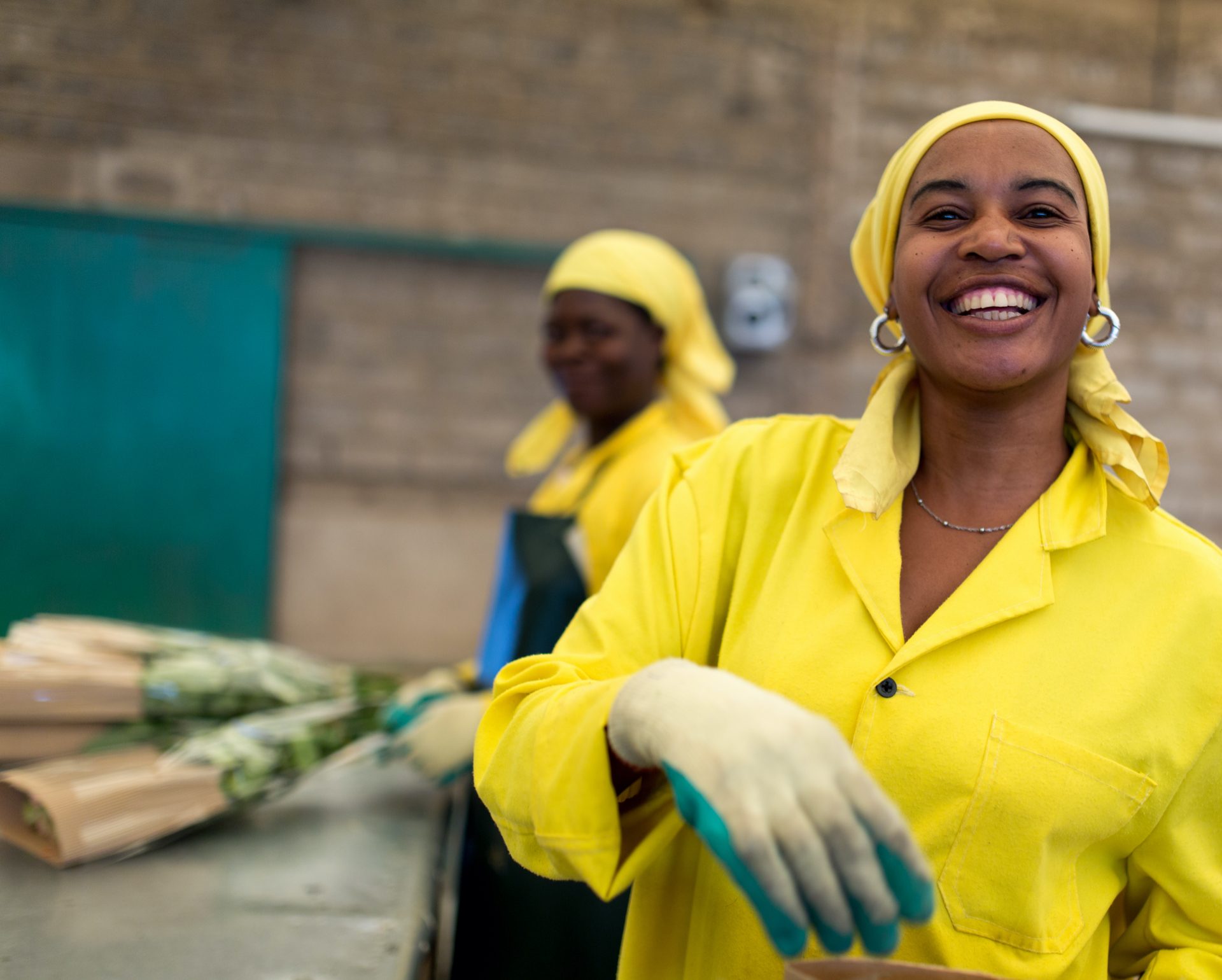Fairtrade Pays: Helping Business Do Better
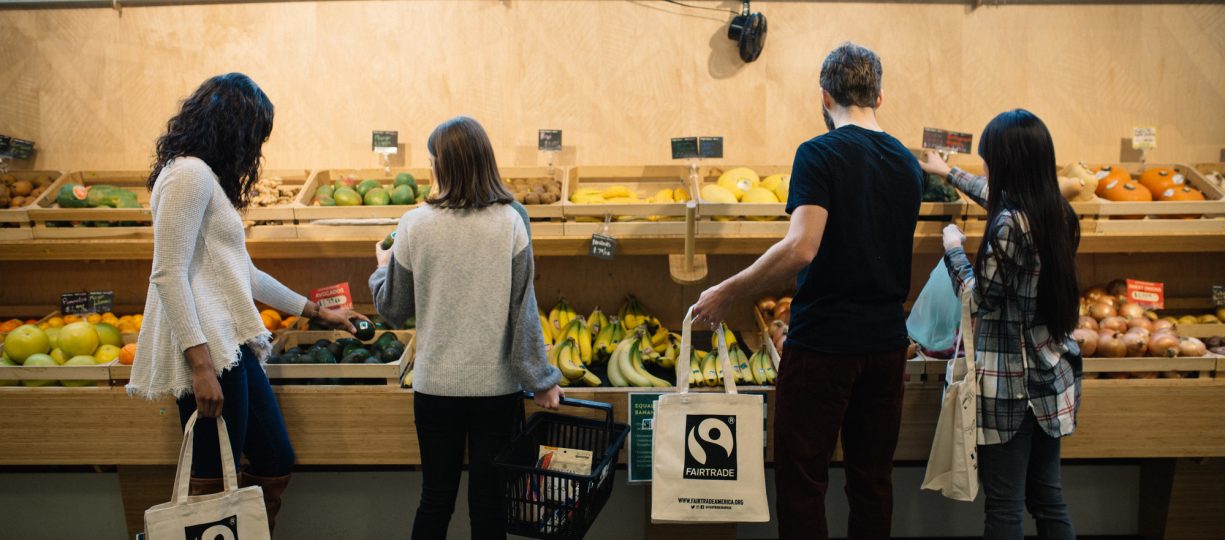
Many businesses survive by a modified ‘whatever it takes’ mentality that ignores many externalities. But there is a growing case for incorporating the greater good in your business model.
In The Godfather, the Corleone family subscribed to a “go to the mattresses” approach to business, which meant they intended to win at all costs. In real life, most businesses avoid extreme tactics, but there many who live by a modified “whatever it takes” philosophy that ignores the greater good.
It’s almost understandable. Between deadlines, biweekly payroll and investors who expect profits, it can seem impossibly idealistic to think of anything other than the bottom line. The truth is, however, that there is a growing business case to be made for taking the high road —and Fairtrade fits right in.
Consumers Want To Support Good Eggs
American consumers increasingly want to know the story behind the products they buy and the companies producing them, and most want that story to include a thread of doing what’s right. Sustainability is top of mind, according to a Nielsen report, and 66 percent of consumers are willing to pay more for sustainable brands—a trend that still appears to be on the rise. In 2015 alone, brands with a “demonstrated commitment to sustainability” grew more than 4 percent globally while those without that commitment saw less than 1 percent growth.
These new (or newly identified) consumers, whom some call “aspirationals” enjoy shopping, but want to consume less at the same time. They are not motivated simply to have something—they want to believe in it. Additional research, like this Harvard study, shows that consumers are willing to pay more if they know a product was made ethically.
Consumers want to support sustainable production, but to do so, they need clear communication about what’s on offer. Recent research from Ohio State University demonstrated this maxim. That makes Fairtrade a good choice for businesses who want to let their good flag fly since the FAIRTRADE Mark is the most widely recognized ethical label in the world and the most trusted in the US according to a 2015 Globescan study.
“Fairtrade is one of the longest standing certifications in the cocoa industry and we hold a lot of confidence in the Fairtrade system,” said Whitney Bembenick, Head of Research and Development at Endangered Species Chocolate. Endangered Species Chocolate uses Fairtrade along with a number of certifications to communicate their sustainability commitments to consumers.
That credibility makes it easy for consumers to home in on a Fairtrade chocolate bar while ogling the candy aisle, because they can be sure it was made in a socially and environmentally responsible manner. A candy bar that contributes to another’s well-being, reduces inequality and represents sustainability? Now, THAT’S a candy bar you can rally around.
Principles and Profits
From candy makers to sock designers to huge food distributors, there is no stereotypical Fairtrade company, and no one way they integrate Fairtrade into their business. For example, Conscious Step is a sock manufacturer that was already partnering socks with nonprofits to help address the United Nations’ Global Goals for Sustainable Development. Recently, the company took their mission one step further by sourcing Fairtrade certified organic cotton as well.
While CEO Prashant Mehta says the certification is right in line with the company’s mission to ensure their products serve a higher purpose (in this case, helping cotton farmers receive a fair price, which in turn improves their lives), he also recognizes that it’s a good business decision as well. “In today’s world, giving back is as much a lifestyle choice as it is about directly serving the people and planet.”
In addition to getting certified themselves, there are a number of ways companies can integrate Fairtrade into their business, including using certified ingredients, carrying Fairtrade products in a store, or being a distributor of Fairtrade products. All of which is good news for ethically-minded consumers, as well as the ethically-minded companies that are much more comfortable going down the high road than going to the mattresses.
Topics
We’re in this together
Fairtrade America partners with brands on the journey to certification and beyond. We can help with everything from finding a certified supply chain to marketing your newly certified product.
Get in Touch
